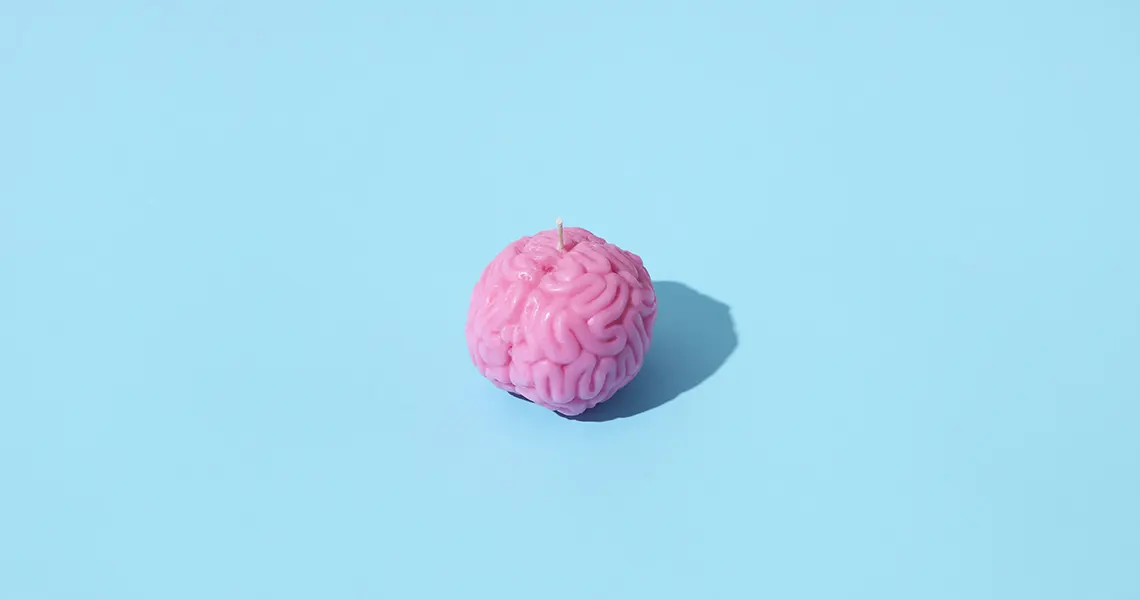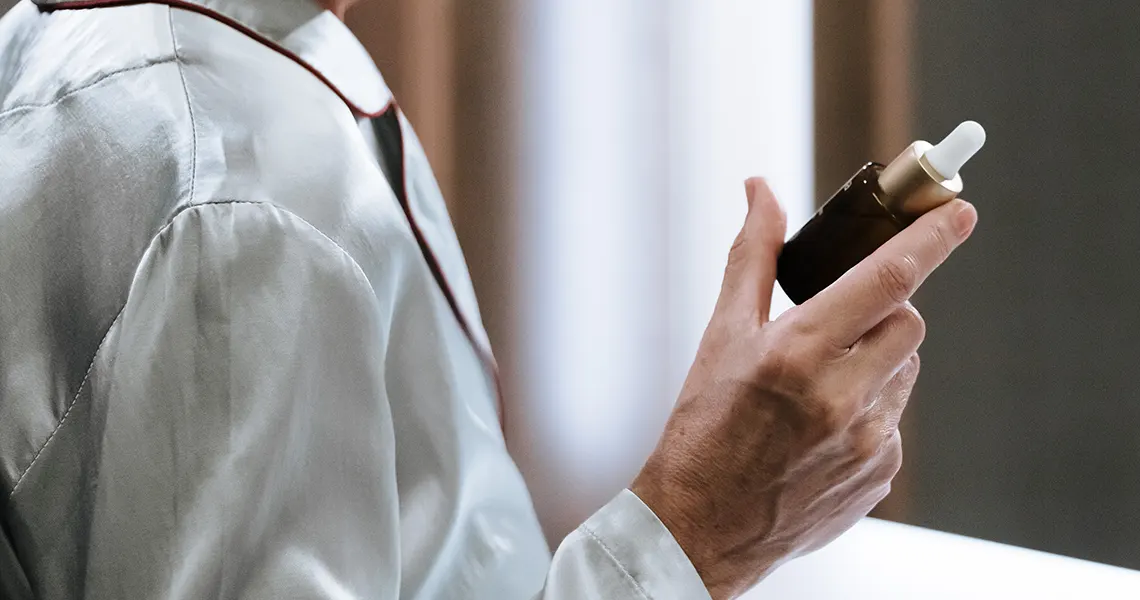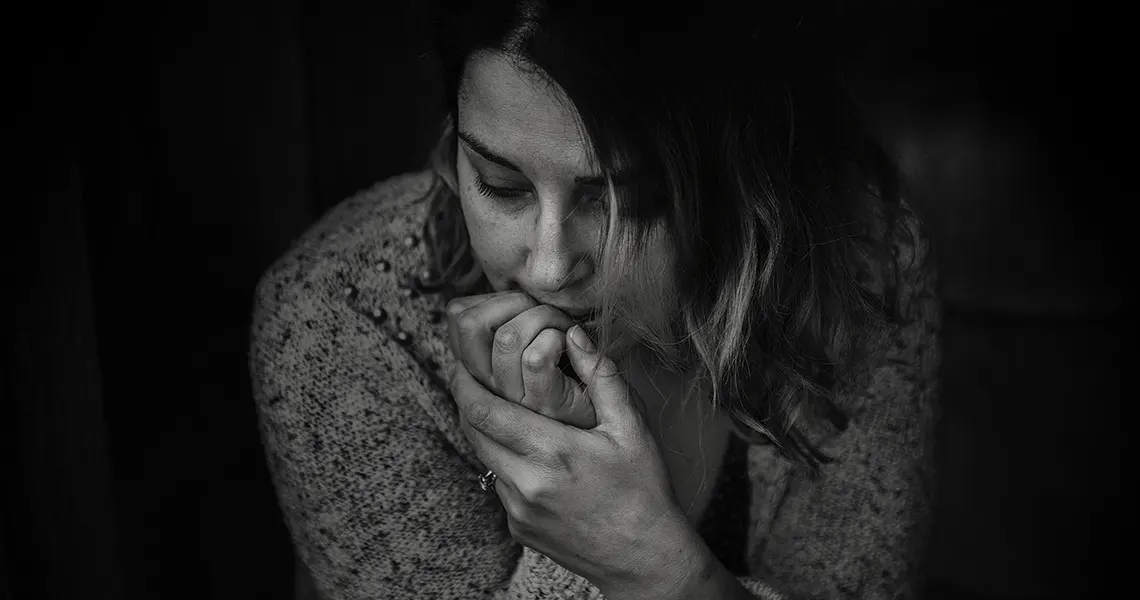
What is CBD?
CBD stands for cannabidiol. It is one of the two primary active ingredients found in medicinal cannabis products. The non-psychoactive chemical compound occurs naturally in the marijuana plant, and will not impact your sobriety.
For years, cannabis as a substance was banned in almost every country across the globe. The gates have recently reopened, and medical cannabis is gaining traction as a viable treatment option.
The purpose of medical cannabis is to provide relief for symptoms related to chronic conditions. The research on the efficacy of the treatment is still a contentious topic, as researchers are only now freely able to perform controlled studies and clinical trials to do with cannabis.
A few of the symptoms that researchers are actively exploring CBD’s effects on include sleeplessness, pain, and anxiety.
How does CBD help anxiety?

Anxiety can often be a debilitating and confusing mental condition. It manifests by way of fear, paranoia, and nervousness, occasionally including panic attacks, stomach cramps, and more.
Finding a suitable treatment for anxiety can be difficult, and prescription medication often include side effects that put people off. As no treatment has one universal effect on everyone, finding the right one can be complicated.
In recent years, the natural alternative known as medical marijuana is steadily growing in popularity as a potential treatment option for anxiety. A lack of severe side effects and risk of addiction makes this a possible option for many, although research on the efficacy of the treatment is still largely limited.
We must first review the Endocannabinoid System (ECS) to understand how CBD produces its effects.
The Endocannabinoids System
The ECS is a collection of closely packed neuro-receptors found throughout our bodies and brains. The purpose of the ECS is to regulate our day-to-day functionality and experts claim it plays a key role in controlling mood, pain sensation, memory, and more.
Inside our bodies, there are naturally occurring cannabinoids known as endocannabinoids that attach to these receptors. In doing so, they are signalling for the ECS to act.
Enzymes then break down the endocannabinoids once the ECS has performed its function, and the process ends.
How CBD interacts with the endocannabinoid system
Researchers are still exploring the details of how CBD performs its effects. As of now, experts believe that cannabidiol works by preventing the enzymes from breaking down the cannabinoids.
By doing so, the ECS continues to produce a prolonged and stronger effect on the user, potentially leading to the relief of certain symptoms associated with chronic conditions.
How to take CBD oil for anxiety

When using CBD for anxiety, it’s important to use a fast-acting product such as a tincture or oil, as experts believe this to be the most reliable form of administration.
For best results, use the dripper bottle to pour the recommended amount of droplets under your tongue. Users should let the droplets sit for up to a minute before swallowing. The effects of CBD should start to work within 15 minutes.
Despite many speaking on the benefits of CBD for anxiety, the research is still limited, and we’re going to need way more evidence-based studies. The few studies that do exist, however, are showing plenty of promising signs.
A large case series found that CBD appears to be better tolerated than mainstream psychiatric medications. Additionally, they wrote that CBD displays potential as a tool for reducing anxiety in clinical populations. Experts, however, stressed the need for clinical studies to reach definitive answers.
Another paper wrote that preclinical evidence conclusively demonstrated CBD’s efficacy in reducing anxiety behaviours relevant to multiple disorders, including PTSD, GAD, PD, OCD, and SAD, with a notable lack of anxiety-inducing effects.
The side effects of CBD

Even though the risks of using CBD are minuscule, there are still some potential side effects to consider. There are no intoxicating effects associated with CBD, so there may still be unwanted feelings that pop up for some users.
A few of the most often reported side effects include:
- Dry mouth
- Changes in appetite
- Changes in mood
- Drowsiness
- Diarrhoea
Most side effects experienced by CBD are likely to be mild in nature and have no long-term consequences. Cannabidiol also does not have any addictive characteristics, and those who wish to discontinue use should be able to do so with ease.
Doctors have warned against using CBD if currently pregnant or breastfeeding. The lack of research on how it may affect the child means the risks are far too high.
Summary
CBD, one of the two main active ingredients in medicinal cannabis, is often touted as an alternative medication option for the treatment of anxiety. As a non-psychoactive substance, it is far more popular than THC as a treatment.
CBD works by preventing enzymes from breaking down endocannabinoids, allowing the ECS to produce a stronger and more notable effect. Fast-acting forms of administration such as CBD oil and tinctures work best for the relief of anxiety.
The early research on the matter is largely positive, but experts continue to emphasise the need for more controlled studies and clinical trials before making any conclusive claims about the efficacy and safety of the treatment.
As with all forms of medication, cannabidiol comes with the potential for unwanted side effects. Patients should always use CBD in moderation and only in accordance with a doctor’s recommendations.
For more information on how to take CBD for anxiety, feel free to speak to one of our highly qualified experts today.
